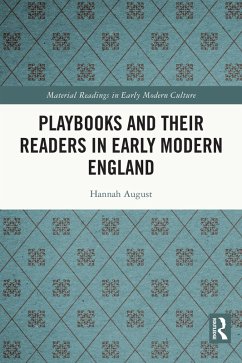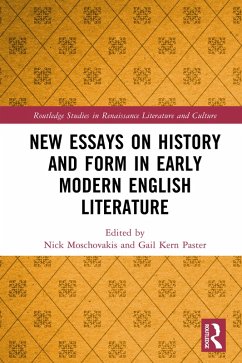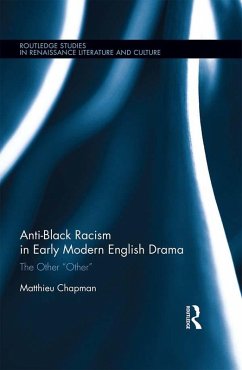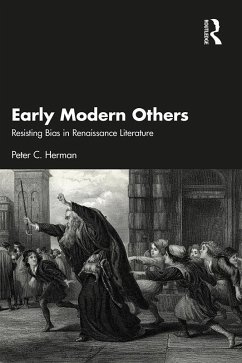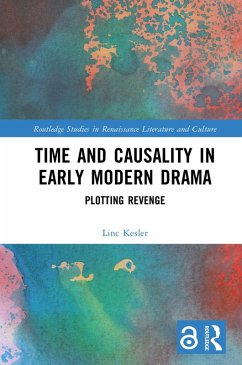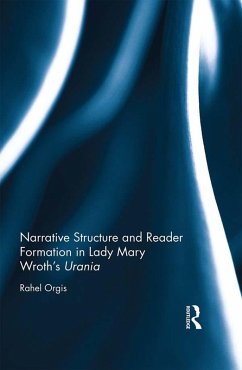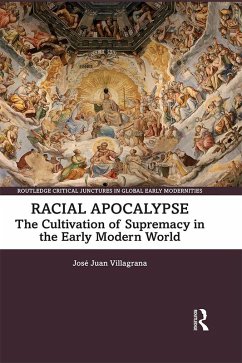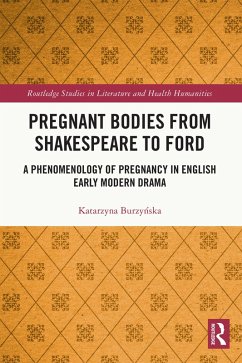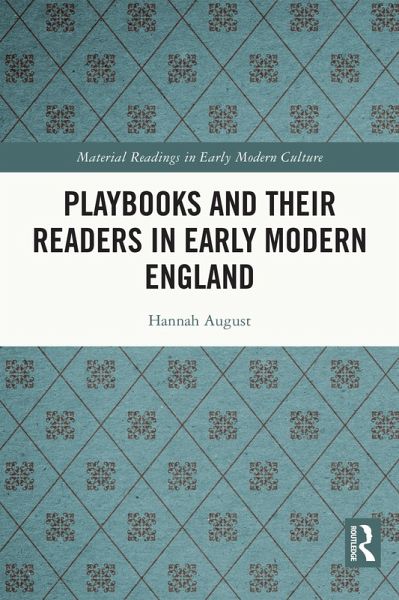
Playbooks and their Readers in Early Modern England (eBook, ePUB)
Versandkostenfrei!
Sofort per Download lieferbar
46,95 €
inkl. MwSt.
Weitere Ausgaben:

PAYBACK Punkte
23 °P sammeln!
This book is the first comprehensive examination of commercial drama as a reading genre in early modern England. Taking as its focus pre-Restoration printed drama's most common format, the single-play quarto playbook, it interrogates what the form and content of these playbooks can tell us about who their earliest readers were, why they might have wanted to read contemporary commercial drama, and how they responded to the printed versions of plays that had initially been performed in the playhouses of early modern London. Focusing on professional plays printed in quarto between 1584 and 1660, ...
This book is the first comprehensive examination of commercial drama as a reading genre in early modern England. Taking as its focus pre-Restoration printed drama's most common format, the single-play quarto playbook, it interrogates what the form and content of these playbooks can tell us about who their earliest readers were, why they might have wanted to read contemporary commercial drama, and how they responded to the printed versions of plays that had initially been performed in the playhouses of early modern London. Focusing on professional plays printed in quarto between 1584 and 1660, the book juxtaposes the implications of material and paratextual evidence with analysis of historical traces of playreading in extant playbooks and manuscript commonplace books. In doing so, it presents more detailed and nuanced conclusions than have previously been enabled by studies focused on works by one author or on a single type of evidence.
Dieser Download kann aus rechtlichen Gründen nur mit Rechnungsadresse in A, B, BG, CY, CZ, D, DK, EW, E, FIN, F, GR, HR, H, IRL, I, LT, L, LR, M, NL, PL, P, R, S, SLO, SK ausgeliefert werden.




